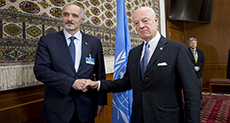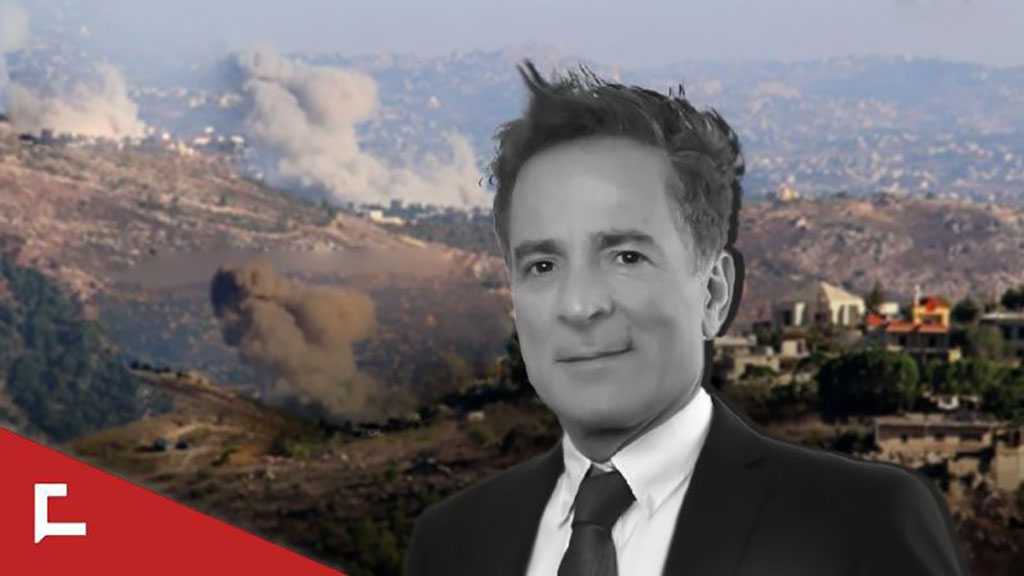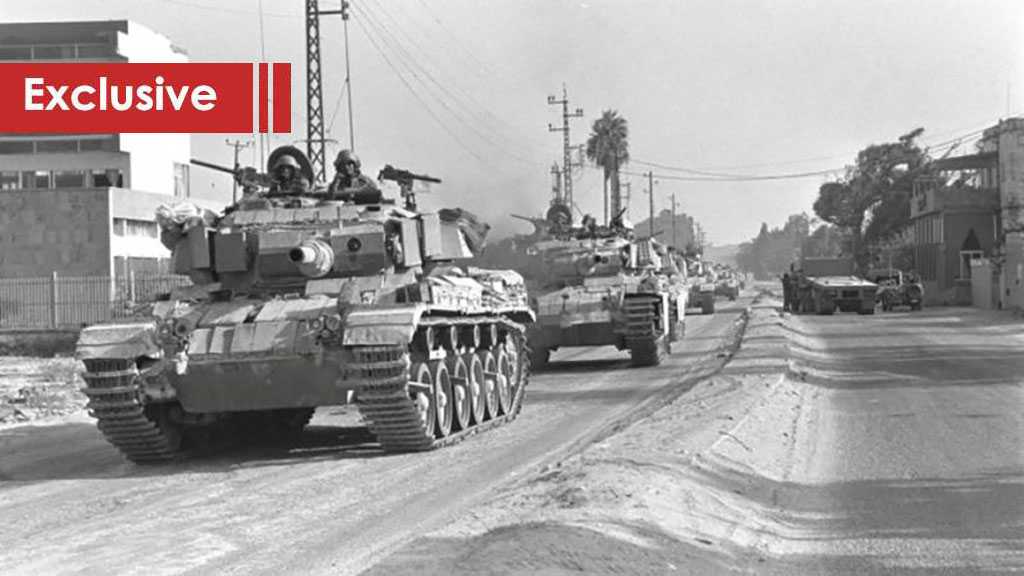The Geneva Talks and Federalism in Syria

Darko Lazar
Five years into the Syrian conflict and two UN envoys later, Staffan de Mistura is officially unmasking the driving force behind the bloody war that has slaughtered hundreds of thousands of Syrians, and created the world's worst refugee crisis since World War II.
In the lead-up to a new round of peace talks in Geneva - slated for March 14 and coinciding with the fifth anniversary of the start of the Syrian conflict - de Mistura told the Qatari Al Jazeera news network that, "federalism [of Syria] can be discussed at the negotiations."
Citing a UN Security Council diplomat, Reuters reported that a number of major Western powers had been considering the possibility of a federal structure for Syria and had ‘passed on' suggestions to de Mistura.
However, as Damascus-based journalist Alaa Ibrahim told me, "the majority of the Syrian people are vehemently opposed to federalism."
A federal system could inevitably put Syria on a path to Balkanization, falling directly in line with the aspirations of the hawks on Capitol Hill and their allies in the Middle East; namely "Israel", Saudi Arabia and Turkey.
Senior fellow at the Brookings Institute Michael O'Hanlon is one of the leading architects of the plan to ‘deconstruct' Syria by producing autonomous zones controlled by local militias, warlords and extremist militant groups.
In February, just before the first round of negotiations got underway in the Swiss city, O'Hanlon urged the Obama administration, "not to pursue the failed logic of the current Syria peace talks, but to explore a confederal model and seek buy-in from as many key players and allies as possible."
O'Hanlon's plan also calls for the deployment of 20,000 US combat troops to Syria and what he calls, "the right political model for maintaining occupation."
In other words, we're talking about a new and improved version of the Iraq invasion in 2003.
But that plan is fraught with difficulty.
According to Ibrahim, "UN Resolution 2254 calls for elections, a more inclusive government and a new constitution. Under this new constitution, a new political equation in Syria may emerge. But if the idea here is to divide Syria, it is doomed to fail."
Defeat breeds Division
The peace talks in Geneva convened earlier this year were the direct result of military advances by the government in Damascus and its allies.
After months of grinding away at enemy positions, the ‘4+1 Alliance', which includes Syria, Russia, Iran, Iraq and Lebanon's Hizbullah, made significant advances on the battlefield, rolling back militant groups on virtually all fronts. As a broad swathe of the Turkish border with Syria was liberated, the militant-controlled part of Syria's second city was encircled, cutting off crucial supply lines with Turkey.
Those developments, which effectively reduced the prospects of an endless conflict and increased the likelihood of a negotiated settlement, were followed closely in Washington, giving way to a sense of urgency that borders on panic.
Since then, fighting in Syria has slowed considerably following a cessation of hostilities agreement brokered by the US and Russia, which has been in effect for almost two weeks now.
"The superpowers are now working closely to solve the crisis in Syria. There is a good chance for results at the upcoming talks in Geneva," Alaa Ibrahim said.
But this has been a bitter pill to swallow for the neocons in Washington, as well as the leadership in Ankara and Riyadh. Both the Turks and the Saudis - the prime backers of militant groups in Syria - have invested virtually all of their political capital into toppling the Damascus government for the last five years, while failing to secure a direct US/NATO-led military intervention in Syria.
The setbacks for the newly designed western version of Syria have not only opened up a massive schism across the US political arena, but have also led to an often tasteless war of words between Washington and its regional ‘allies'.
Today the hawks are still pushing for more intervention, greater US, EU, and NATO involvement, and American "boots on the ground". In contrast, the more moderate approach recently emerging from some European capitals, and at times the Obama White House, mandates the minimization of the commitment in Syria, while accepting Syrian President Bashar al-Assad as part of the political process.
Ibrahim thinks that any success at the negotiating table will, "depend on the ability of the Americans to rein in their allies."
Washington, which appears to be more eager these days to find a way out of the Syria quagmire, rather than risking a new desperate gambit, is unlikely to allow Erdogan and Al-Saud to initiate a major escalation. Moreover, the Americans cannot afford a direct military confrontation with Russia, putting plans for a US/Turkish/Saudi military protectorate in parts of Syria on the backburner, and with it, the drive to partition the Arab Republic.
Source: al-Ahed News




